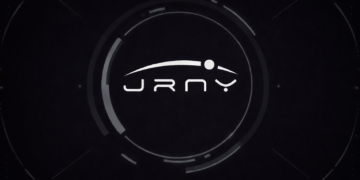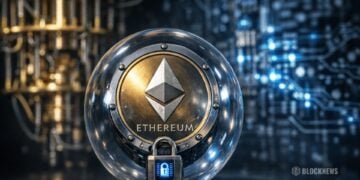Real Estate is a robust but slow industry because of the heavy bureaucracy for property ownership,
lettings, planning permissions and construction. Parts of the industry are likely to stay the same like
construction, but the new digital age sees traditional methods being replaced with quicker systems.
Speed and Cost
Real Estate is the least liquid asset taking weeks to months to pass ownership. As well as costs for
solicitors, registration, background checks and more. NFTs make verification less risky and costly due to
blockchain technology instead of having to submit and gather a lot of paperwork. This verification
information can also be placed on the blockchain via NFTs to allow easy future use. All of this helps the
ability for quick transfer and payment of a property, which is game-changing because this will likely
increase the volume of the property market, eliminating the hassle excuse for consumers to get more
involved with their property portfolio.
Contracts
New possibilities for contracts can be introduced due to smart contracts within blockchain. An example
would be allowing part ownership of a property. This is currently around but only really being present with
personal ventures within families/relatives. In this case, anyone could part own the property and that
portion will appreciate along with the property valuation as well as potentially receiving a portion of rental
income if let, depending on how the contracts are formulated. Many people looking to venture into certain
real estate markets that are unable to raise the capital to enter could now dip their fingers in this way.
Going with the basis that there may not be a central authority that handles mortgages like banks, smart
contracts are capable of integrating these terms as well. Exclusively a contract between the lender and
the debtor, with no middle man with bank interest rates and bureaucracy that way. Of course, an
idealistic scenario.
Challenges
With such a revolutionary change comes hardship for some parties. Still, a speculative and
incomprehensible idea that has graced a few peoples’ minds due to the regency of NFTs and blockchain
technology. An older generation that owns the mass of properties will be less elastic to such a dramatic
change to what they have known for years. Typically older generations struggle or are less confident with
learning or adapting to new technological changes, so adoption and utilization of the advancement are
slowed and have a longer lag effect.
Of course, the biggest challenge of all is the governing bodies of the industry. Banks are yet to integrate
blockchain into their systems yet so that already is a long look into the future. Certain related businesses
of the industry will no longer be needed with technological replacement. Many other regulatory hurdles
are likely to present themselves like with anything new.
Overall, much potential regarding the technological capabilities of blockchain and NFTs. Simply the
integration is far into the future due to the state of adoption and centralization state at this moment still
being far from the end goal.














